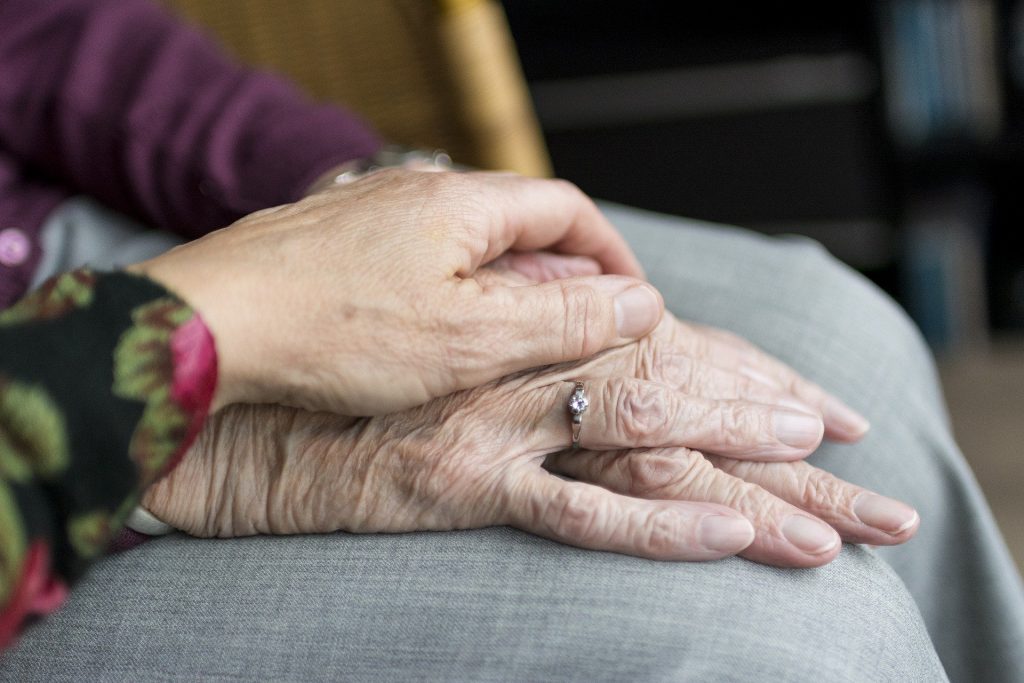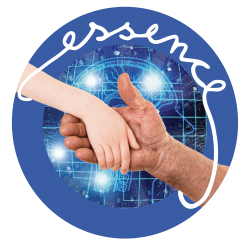The world is facing an unprecedented crisis due to the COVID-19 pandemic. Such a situation is not only a real threat to people’s lives, but also a huge danger for long term mental and social health, especially for the most vulnerable populations: seniors and children.

As for seniors, the COVID-19 pandemic is causing indescribable fear and suffering for older adults across the world; the effect of COVID-19 on the elderly population is not restricted to the incredibly high mortality, and less visible but not less worrisome effects exist. These include: i) the exacerbation of health inequalities, since with the concentration of health resources on COVID-19, older persons (who typically require a great amount of health services) may experience further difficulties in accessing healthcare and become even more marginalized; ii) issues related to seniors’ social well-being, since prolonged periods of isolation could have huge effects on the mental health of older individuals, especially for those who live alone and are not digitally included.
As for children, to respond to the public health threat posed by the COVID-19, schools have been closed and classes shifted to home-based distance-learning models, causing profound changes in the lives of students and their families, with potential consequences on the children’s health and wellbeing. Indeed, schools normally act and serve the community as a de facto mental health system: more than simply conveying notions, teachers are supposed to guide pupils in their growing process, to detect possible weaknesses through observation, and to help them overcome difficulties. In this new scenario, teachers cannot directly observe the way pupils hold a pen, the lack of coordination, the sense of space, the effort in reading a text, the difficulties in computing, etc., both because the consciousness about some problems usually requires a direct observation, and because time dedicated to virtual classes is usually shorter. This issue is particularly relevant for first and second grader, since it has been shown that the earlier literacy-related problems are identified, the more effective, and the more cost-effective the interventions are likely to be.


The ESSENCE project is aimed at transforming the psychological, social and economic consequences of the COVID-19 pandemic in a huge opportunity towards a profound evolution of the services, in which technological innovation should assume a crucial role. Indeed, new technologies are pervasive, autonomous and interconnected and thus suitable to be used to support the actual care system, creating a virtual holistic environment built around the user needs trying to boost homeostasis and resilience in such users. Moreover, ESSENCE promotes an evolution of the society, in which a generational pact can be supported by assigning to seniors a more active role in the society through the connection with the youngest. ESSENCE proposes to counteract the isolation caused by the outbreak of the pandemic in two particularly affected groups: non-frail or pre-frail older adults independently living at home, and children – with particular attention to those with learning difficulties – who were thrown into this novel home-based education phase.

